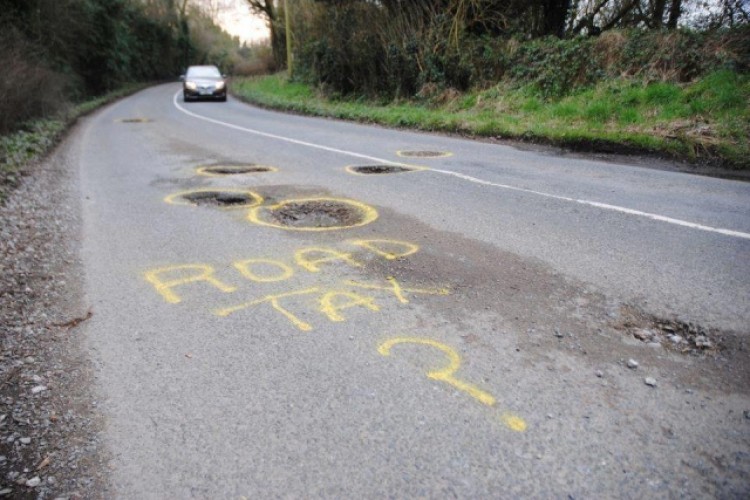That is the key recommendation from the Institution of Civil Engineers (ICE) in its State of the Nation: Transport report, published today.
Each successive change of government, every tinkering with budgets, results in infrastructure stasis where long-term steady progress is required.
The ICE says that political disagreement on projects, patchy investment, inadequate maintenance and the absence of clear, strategic thinking is undermining the contribution transport infrastructure could make to economic growth, competitiveness and quality of life.
It says that transport policy should be developed by a new Independent Infrastructure Commission, operating at arm’s length from government so that policies survive changes in governments. (It does not say whether commissioners should be elected and democratically accountable.)
The ICE also supports transport devolution. It says that the model of Transport for London should be rolled out across the country, with more powerful transport authorities in city regions.

In the short term, the ICE calls for “immediate action” to improve the condition of roads and end the stop-go approach to funding maintenance. It recommends a five-year budget for the Highways Agency to replace the annual funding, and commitment to a focussed, joint central and local government programme that clears the maintenance backlog and moves from reactive “quick fix” maintenance to planned, more cost effective regimes.
ICE State of the Nation: Transport panel chair Steven Hayter said: “The UK’s ability to generate and sustain economic growth depends on the effectiveness of our transport infrastructure - it enables access to work and business, education, health services and the movement of essential goods into and around the UK. Government policy affects every aspect of this, yet despite progress in the rail sector and some broad transport goals set out in the National Infrastructure Plan, the strategy and objectives remain unclear. In the last five years many of the most important issues – from aviation capacity through to severe pothole damage – are still unresolved.
“The need for a coherent, long term transport strategy – particularly for England – is becoming urgent. Without one, investments and improvements to the networks will continue to be delayed, uncertain, expensive to deliver and inefficient. We are confident government recognises this, but it is time to translate intent into action. It has an immediate opportunity to show it is serious about creating a more strategic framework for transport, by bringing forward the delayed Green Paper on future ownership and funding of our strategic roads network.”
But Mr Hayter warned that strategy alone would not deliver improvements. “Effective implementation of a strategy is also key and this demands political stability and a consistent vision. The mismatch between the long term nature of strategic infrastructure planning and short term political cycles has a negative influence, especially within transport. The decision making framework needs a shake-up if we are to see the transport infrastructure we need actually get delivered and within reasonable timescales.”
Got a story? Email news@theconstructionindex.co.uk



